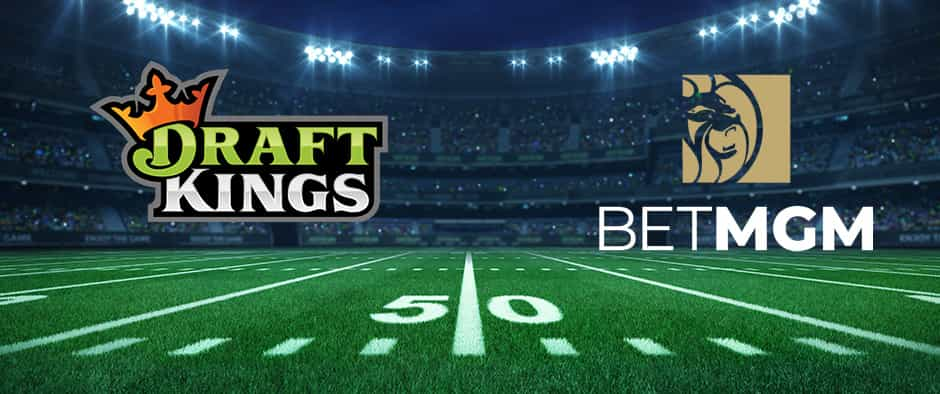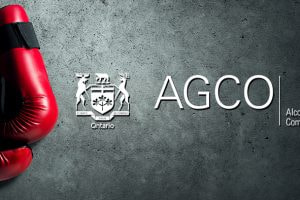Breaking Myths: Sponsorship vs. Gambling Harm – The Real Story
Recent studies challenge the long-held assumption that sponsorship in sports by gambling companies directly correlates with gambling harm. This revelation marks a significant turning point in the ongoing debate surrounding sports betting and its impact on society.

Shifting Perspectives in the Gambling Debate
The narrative around gambling sponsorship in sports has been predominantly negative, with many asserting a direct link to increased gambling harm. However, new research suggests that this relationship is more complex and nuanced than previously thought. The findings indicate that while exposure to gambling sponsors can raise awareness of betting brands, it doesn’t necessarily lead to harmful gambling behavior.
This insight is pivotal in reshaping the conversation around gambling in sports, shifting the focus from mere exposure to a deeper understanding of the underlying factors contributing to gambling harm. It highlights the importance of considering individual psychological traits and environmental influences, rather than solely attributing gambling problems to the presence of advertising or sponsorships.
The Role of Sponsorship in Sports Betting
In the world of sports, sponsorships by betting companies have been a common practice, often seen as a vital source of revenue for teams and leagues. This trend has been growing, especially in light of the best online sportsbooks gaining popularity. Recent findings, as interpreted from EFL’s research, challenge the longstanding belief that partnerships between sports and gambling companies inevitably lead to increased gambling issues.
The research sheds light on the consistent patterns of gambling behavior over the years, suggesting no direct link between sponsorships and an escalation in gambling harm. The focus is shifting towards education and responsible conduct in the industry, with an emphasis on addressing gambling addiction through supportive measures rather than solely through restrictive policies. This nuanced understanding acknowledges the complexity of gambling behaviors, underscoring the importance of balanced and responsible marketing in the sports-gambling relationship.
Regulatory Measures and Responsible Gambling
In the U.S., the gambling and betting sector’s impact on sports sponsorships is significant, with an estimated $927.1 million spent annually as of 2023. Leading brands like DraftKings and BetMGM have numerous partnerships with major American sports teams, including iconic teams like the Boston Red Sox. Basketball, soccer, golf, esports, tennis, ice hockey, and motor racing are key sports in this sponsorship landscape, reflecting the diverse interests of the American audience.
One of the most notable deals is between the UFC and DraftKings, marking DraftKings as the official sportsbook and daily fantasy partner in the U.S. and Canada. This partnership, along with others like the expanded agreement between Sportradar and the NBA, which now includes the WNBA and the G League, reflects a trend towards more extensive and lucrative sponsorships in North American sports.
These insights into the market demonstrate the complexity and scale of gambling sponsorships in sports. Regulatory measures in this context require a balance between leveraging the economic benefits of such sponsorships and promoting responsible gambling practices. This calls for an approach that goes beyond outright bans, considering the varied and significant role these sponsorships play in the American sports industry.
Understanding the Factors Behind Gambling Harm
Effectively addressing gambling harm necessitates an understanding of its multifaceted causes. It’s been found that individual characteristics, social environments, and mental health considerations have a greater impact on gambling behaviors than simple exposure to gambling brand advertising.
This insight suggests the need for a broader approach in dealing with gambling issues. Such a strategy should encompass not just the regulation of sponsorships but also a focus on the broader societal and individual factors that contribute to problematic gambling behaviors.
Essential Perspectives: A New Framework for Addressing Gambling Harm
- Complex Relationship: The correlation between sponsorship and gambling harm is more complex than previously thought.
- Brand Awareness vs. Harm: Increased brand visibility does not equate to higher rates of gambling harm.
- Focus on Responsibility: Emphasizing responsible gambling is crucial in sponsorship agreements.
- Broader Factors: Addressing gambling harm requires understanding broader personal and social factors.
In Conclusion
The recent findings on the lack of a direct correlation between sports sponsorship by gambling companies and gambling harm mark a crucial development in the ongoing discourse around gambling in society. It challenges preconceived notions and opens the door for more informed and effective strategies in regulating and addressing gambling harm.
As we move forward, it is vital to balance the economic benefits of sponsorships with a commitment to responsible gambling and a deeper understanding of the factors that lead to gambling harm. This balanced approach promises a more sustainable and ethical future for sports betting and its role in society.



